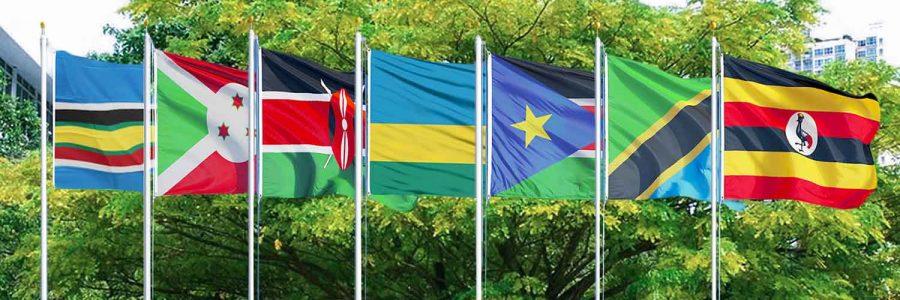Africa-Press – Kenya. THE East African Community (EAC) partner states have been urged to enhance the capacity of local government authorities in realising the envisaged African Union (AU) Agenda 2063.
The Chairperson of the Commonwealth Local Government Forum (CLGF) Reverend Mpho MW Moruakgomo said on Monday that the six EAC members had a noble duty of capacitating regional local government authorities, arguing that they were the anchors of development.
Rev Moruakgomo, who was speaking at the beginning of the 7th East African Local Governments Association (EALGA) conference noted that most African countries were still lagging behind in achieving Agenda 2063 as a result of the ever declining pace of local government authorities.
“At this juncture, even the EAC partner states are off the mark because they haven’t enhanced the capacities of the local governments,” he argued.
The CLGF Chairperson further warned that it will be difficult to realize the envisioned EAC integration agenda if governments turn a blind eye on local government authorities.
Some of the aspirations enclosed in the AU Agenda 2063 include making the continent an integrated continent politically united and based on the ideals of Pan-Africanism and the vision of African Renaissance, an Africa of good governance, democracy, respect for human rights, justice and the rule of law and a continent whose development is people-driven, relying on the potential offered by the African people, especially its women and youth, and caring for children.
In his earlier remarks, Deputy Minister in the President’s Office, Regional Administration and Local Government (RALG), David Silinde assured both the CLGF and EALGA that Tanzania remains committed to fostering and strengthening the role of local governments towards regional integration.
“Being the EAGLF chair, we are committed to enhance the capacities of local government authorities mindful of their roles in the way governments are run,” stressed Mr Silinde.
He equally informed the delegates in the high-profile conference that Tanzania governments were sourcing its own revenues through the Integrated Financial Management Information System (IFMIS).
The government of Tanzania had in 1998 introduced the decentralization by devolution (D by D) approach involving the transfer of functions, power and authority from the centre to the local government authorities to improve the delivery of public goods and services, including health services.
The East African nation would twice conduct local government reforms between 2009 and 2008 and later between 2009 and 2014.
Currently, there are 184 local government authorities in Tanzania.
The three-day event under the theme Devolution and the effective Implementation of the EAC treaty seeks to will provide an opportunity to exchange on how best to position Local and County Governments to effectively contribute and drive forward the EAC integration and development agenda, identify strategic solutions to common issues facing local government and subnational institutions of service delivery.
For More News And Analysis About Kenya Follow Africa-Press






